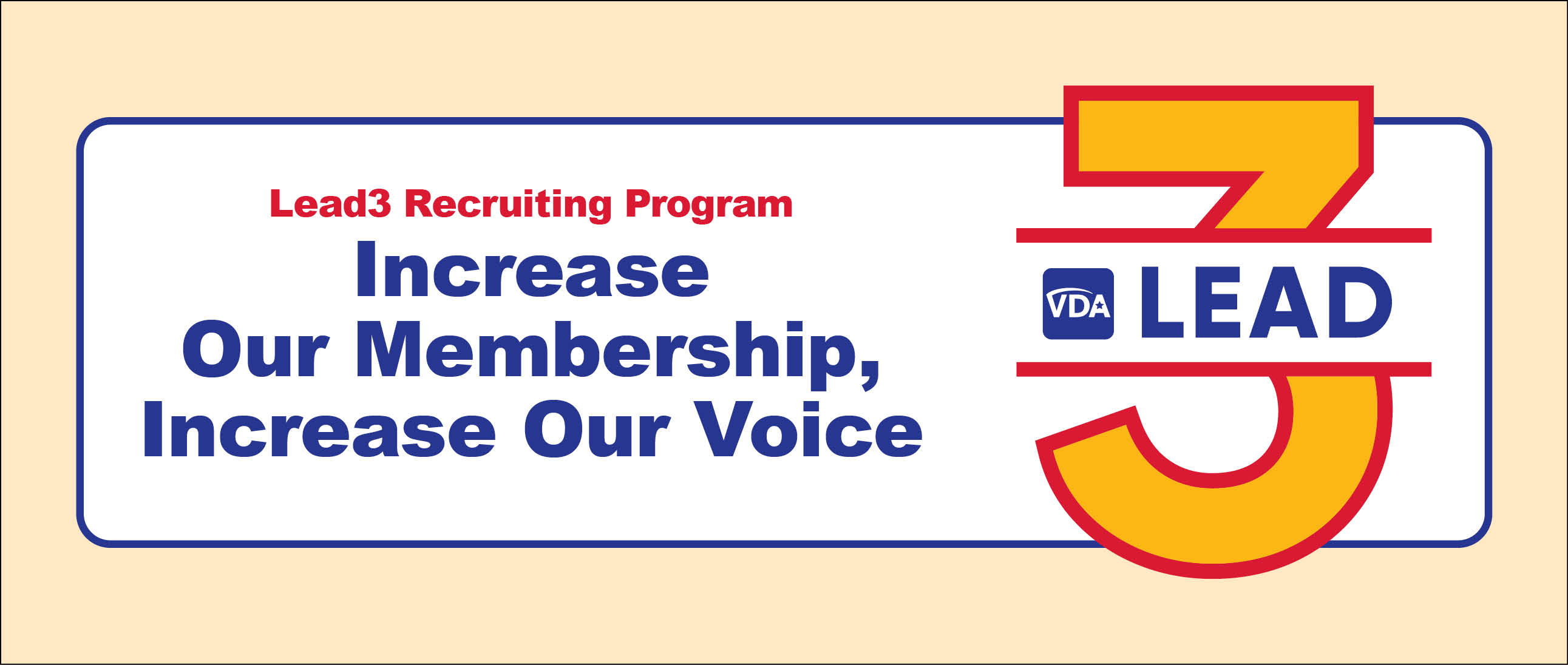Under New Law, You Can Still Adopt a Qualified Retirement Plan for 2021
Great news: you had a very successful year at your practice in 2021! Not-so-great news: your CPA has told you you’re going to owe a lot of money to the tax man unless you can find some deductions fast.
A great way for a practice owner to get sizeable tax deductions is through a qualified retirement plan. These plans come in various forms and under various names: 401(k), profit sharing, defined benefit, and cash balance, to name a few. Profit-sharing and 401(k) plans are of the “defined contribution” type of plan. An owner can possibly contribute up to $58,000 (for 2021) for himself and avoid current taxation on those dollars, as opposed to taking that amount as a taxable year-end bonus or having it be taxed as corporate income. “Defined benefit” type plans can provide for even larger contribution deductions for an individual – perhaps $100,000, $150,000, or even $200,000 or more, depending on the circumstances. Of course, if the practice has other employees, some or all of those employees will also need to receive benefits in the qualified plan at some level.
For many years, in order to utilize a new qualified plan for a given year, the plan and trust documents had to be signed by the end of the year, meaning December 31 in the typical calendar-year situation. No money had to be deposited into the plan by December 31; the documents just had to be signed by then. The plan could be considered effective retroactive to January 1 of that year. This made December a very busy time for our firm as we assisted new clients in designing retirement plans and getting them signed by the December 31st deadline. No taking off Christmas week or New Year’s Eve for us!
Occasionally, we would receive calls from business owners (or maybe their CPAs) early in a year informing us that their business had surplus income in the previous year, so they needed to adopt a qualified plan retroactive to that previous year in order to shelter some of the surplus income from taxation. Maybe a lot of this income was earned unexpectedly later in the year, or maybe there was good old-fashioned procrastination, but for whatever reason they had not taken the steps to adopt a qualified plan timely, meaning by the end of the year. My response to these inquiries was always the same: “Wow, congratulations on your great year, but unfortunately it is too late to adopt a qualified plan for last year. We’re happy to help you with a plan for the upcoming year, though…”
The thing we could suggest to these business owners was a Simplified Employee Pension (SEP-IRA or SEP). SEPs could be adopted up until the due date of the employer’s tax return, including extensions. Since SEPs are supposedly “simple,” they could be set up and funded fairly quickly after it was determined that the employer had a tax problem for the prior year. The contribution limits in SEPs are generally the same as qualified profit-sharing plans, namely, the lesser of 25% of compensation or $58,000 for an individual. However, SEPs have certain limitations that qualified plans do not:
- More employees must be covered under a SEP vs. a qualified plan. Qualified plan rules allow segments of the employee population to be excluded from coverage as long as certain tests are met.
- Contributions to SEPs usually have to be allocated pro-rata among the employees based on wages earned. Qualified plans afford owners the opportunity to skew the contributions in their favor or toward certain employees they wish to reward or who they deem most vital to the success of the business.
- There is no opportunity to contribute more than $58,000 for an individual in a SEP. Rather, a qualified defined benefit plan is needed for this level of contribution.
SECURE Act – A Game Changer
In late 2019, Congress passed the Setting Every Community Up for Retirement Enhancement (SECURE) Act. Among its many provisions was a new rule that allowed qualified plans to be established up until the due date of the tax return (including extensions) for the tax year the plan first applies to. No longer would CPAs and employers have to scramble to get a plan established by December 31. They now had until the tax return due date, which for a calendar year taxpayer could be March 15 or April 15 if no extension is requested or as late as September 15 or October 15 if an extension is requested. Qualified plans were now on par with SEPs in terms of when they could be set up.
This was a huge development. Suppose you are reading this now and have the problem of your practice making too much money in 2021. Granted, there are worse problems in the world to have, but if there is a legitimate way to knock that taxable income down a few notches you would surely like to explore it. Well, today’s your lucky day. You still have the opportunity to adopt a defined contribution or defined benefit qualified plan for 2021.
While the SECURE Act has given employers some reprieve from the old December 31 crunch, it is advisable not to wait too long after the end of the tax year to adopt the plan. As the old saying goes, haste makes waste. If you approach a service provider a week before the deadline, you should not be surprised if you wind up with errors in your plan document or a suboptimal plan design. That’s assuming the service provider didn’t impose its own earlier cutoff date. In addition, there is a hard funding deadline of September 15 for calendar year-defined benefit plans. A 10% excise tax applies for minimum contributions not made by that date. While some entities may still have a month after September 15 to adopt a defined benefit plan, doing so will instantly make the employer late on its contribution and subject it to the excise tax.
For 401(k) plans, it is too late to make salary deferrals for 2021. Salary deferrals are the contributions that are taken from employee paychecks. It is sometimes helpful for a practice owner to make salary deferrals vs. receiving other types of contributions. Deferrals may not be made retroactive to 2021. Nevertheless, there may still be benefits to adopting a plan for 2021.
Popular Retroactive Options
To the extent a business wishes to adopt a qualified plan retroactive to 2021, we anticipate there will be two kinds that will be most popular:
Cross-tested profit-sharing plan. Whereas some types of profit-sharing plans require every employee to receive the same percentage of pay, cross-tested plans allow owners to tilt contributions toward themselves or to favored employees. In exchange, the plan must satisfy a nondiscrimination test. It is sometimes possible for the owners to receive the full $58,000 annual addition limit while providing only 5.00% of pay to other employees. If the plan is part of a 401(k), employees can be allowed to start contributing from their paychecks after the plan is set up.
Defined benefit or cash balance plan. These plans enable a business owner to put a lot of money into a tax-deferred environment very quickly - $100,000 or $200,000 or more per year, as noted above. There are more rules with this type of plan than with defined contribution plans, but with the right guidance defined benefit plans can be a very effective tax reduction and retirement savings tool.
If your practice is looking at a big tax bill for 2021, talk to your CPA or a third-party administrator about setting up a qualified retirement plan for 2021. Due to a recent law change, it is not too late.
See Important Disclosure Info: https://acgwealthmanagement.com/important-disclosure-information/






